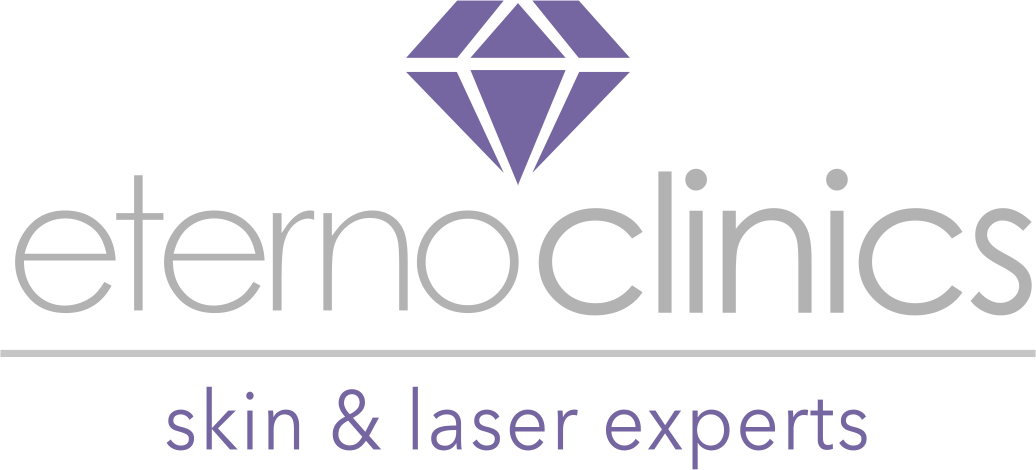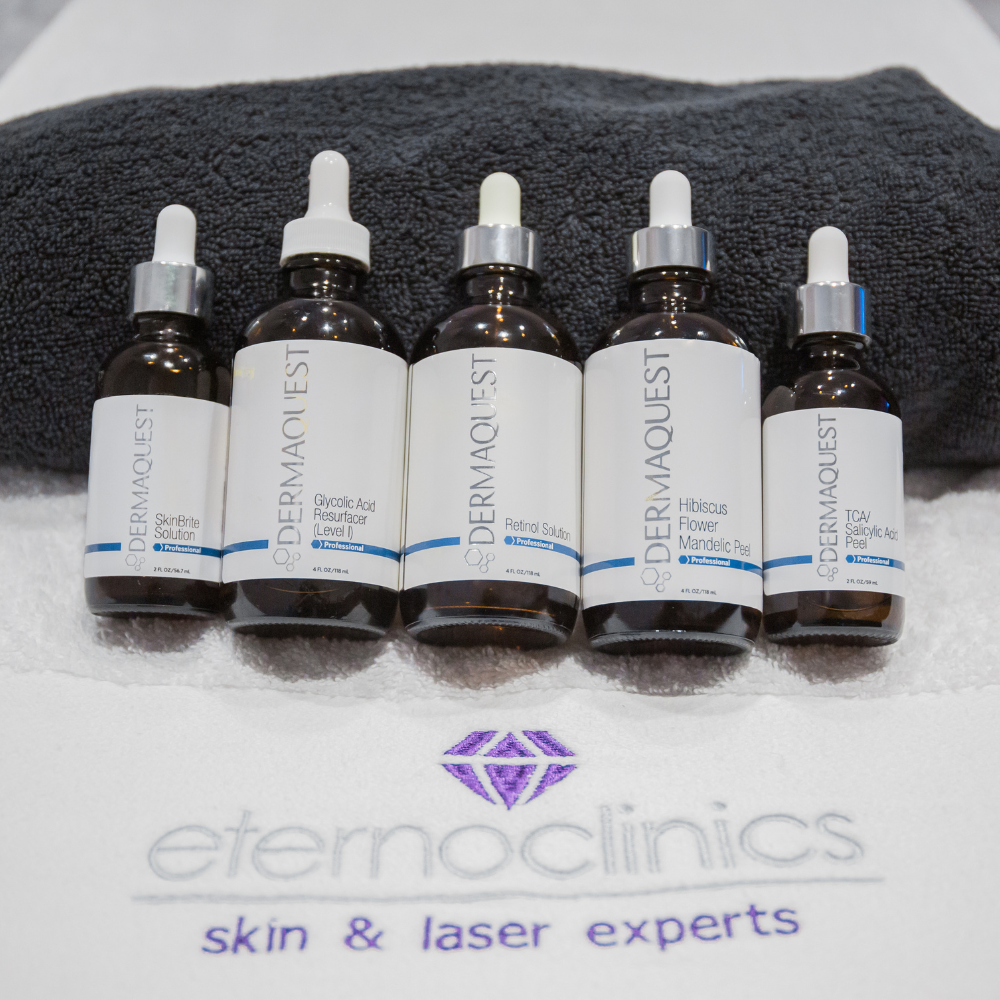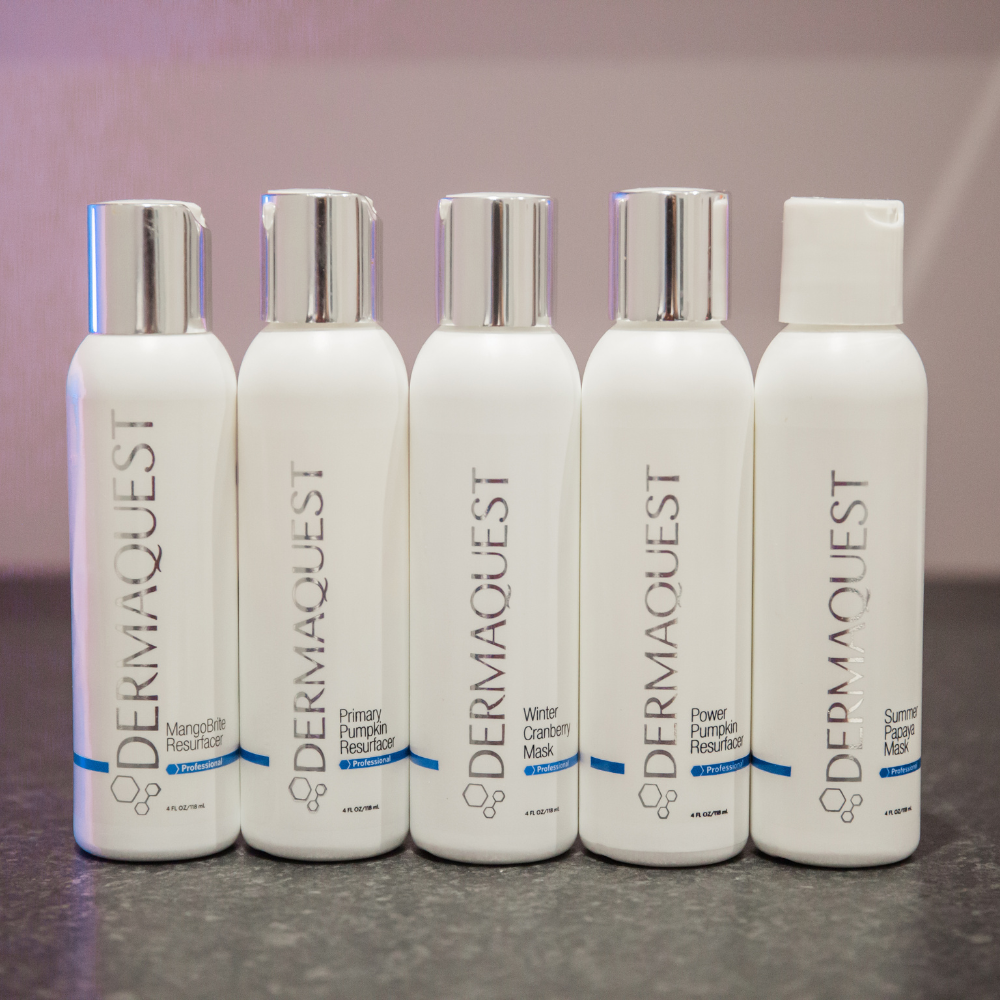Hormonal Acne
What is Hormonal Acne?
Hormonal acne is caused by hormonal changes in the body, mainly androgens like testosterone. These changes can result in more oil production, clogged pores, and acne breakouts. It often shows up as red bumps, pus-filled pimples, cysts, and nodules on the face, chest, and back. Hormonal acne is common during puberty, menstrual cycles, pregnancy, and menopause. While it can be challenging to manage, effective treatment can help clear up the skin
Causes of Hormonal Acne
Hormonal acne is primarily caused by fluctuations in hormone levels, particularly androgens such as testosterone. These fluctuations can occur due to various factors, including:
Puberty: Hormonal changes during puberty, specifically increased androgen production, may cause the sebaceous glands to produce more oil, resulting in acne.
Menstrual Cycle: Hormonal fluctuations during the menstrual cycle, specifically the increase in androgen levels before menstruation, can trigger acne flare-ups in some individuals.
Pregnancy: Hormonal changes during pregnancy, including increases in progesterone and androgen levels, can lead to changes in skin oil production and an increased risk of acne.
Menopause: Hormonal changes during menopause, particularly the decrease in oestrogen levels and increase in androgen levels, can contribute to the development of acne in some women.
Polycystic Ovary Syndrome (PCOS): PCOS is a hormonal disorder that can lead to hormonal acne in some women due to imbalances in androgens and insulin levels.
Medications: Certain medications, such as corticosteroids and hormonal contraceptives, can affect hormone levels and contribute to the development of hormonal acne in some individuals.
Symptoms of Hormonal Acne
The symptoms of hormonal acne are similar to those of other types of acne and may include:
Inflammatory Lesions: Hormonal acne often presents as inflammatory lesions such as papules and pustules. These are red, tender bumps filled with pus that may be painful to the touch.
Cysts and Nodules: In more severe cases, hormonal acne can lead to the development of deep, painful cysts and nodules beneath the skin’s surface. These lesions are larger and more difficult to treat than papules and pustules.
Comedones: Comedones, including open (blackheads) and closed (whiteheads), may be a symptom of hormonal acne, resulting from the blockage of hair follicles by oil and dead skin cells.
Persistent Breakouts: Unlike acne triggered by external factors like diet or skincare products, hormonal acne tends to be more persistent and resistant to traditional acne treatments. It may continue to flare up despite efforts to control it.
Scarring: Severe hormonal acne lesions, such as cysts and nodules, can lead to scarring if left untreated or if improperly handled. This scarring may be in the form of atrophic scars (depressions in the skin) or hypertrophic scars (raised scars).
Trusted & Approved By You
FAQs
- How can I tell if my acne is hormonal?
Hormonal acne tends to follow a consistent pattern linked to hormonal changes, with common occurrences including flare-ups before menstruation or during times of hormonal fluctuations. It is often identified by recurring breakouts in certain facial areas, such as the chin, jawline, and lower cheeks.
- Are there any specific triggers for hormonal acne?
While hormonal fluctuations are the primary trigger for hormonal acne, certain factors can exacerbate symptoms, including stress, poor diet, lack of sleep, and skincare products containing pore-clogging ingredients.
- How is hormonal acne treated?
We can help treat your hormonal acne with the following treatments:
LED Light Therapy
- Can hormonal acne be cured?
While hormonal acne cannot be cured outright, it can be effectively managed with proper treatment and lifestyle modifications. With consistent treatment and adherence to a skincare routine, many individuals can achieve significant improvement in their acne symptoms.
- Is hormonal acne more common in women than men?
Hormonal acne can affect individuals of all genders, but it is often associated with women due to its prevalence during hormonal fluctuations like menstruation. However, hormonal acne can also occur in men, particularly during puberty or due to hormonal imbalances.
- How long does it take to see results from hormonal acne treatment?
The timeline for seeing results from hormonal acne treatment varies depending on the severity of the acne and the effectiveness of the chosen treatment approach. Some individuals may start to see improvements within a few weeks, while others may require several months of consistent treatment to achieve desired results.
Request A Call Back
Contact Us
"*" indicates required fields




